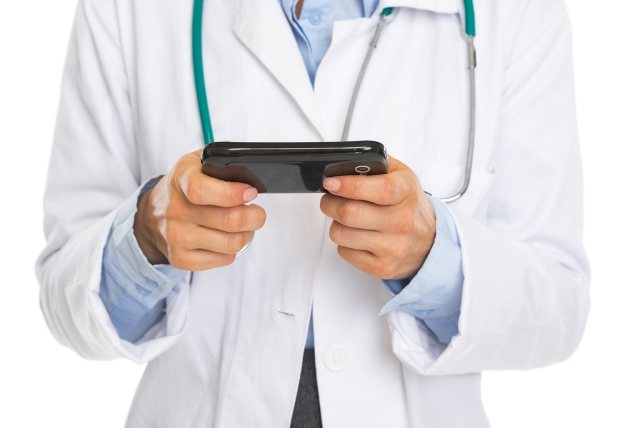One app now requires a prescription from a doctor, but experts are wondering if that will inspire more doctors to write prescriptions for mobile technology.
The app, BlueStar, tracks blood glucose data for patients with diabetes and offers advice based on what it detects, like telling patients to adjust their food intake based on a reading after a meal. The patient’s doctor also receives a report on how their patient is doing.
BlueStar is created by WellDoc, which has proven success with online condition management apps. The company stands by the fact that patients with better blood sugar have better health outcomes. In the long run, that leads to more health care savings.
Although the Food and Drug Administration approved BlueStar in 2010, the company’s strategy now focuses on insurance and reimbursement. Last summer, WellDoc announced that BlueStar would be reimbursed as a pharmacy benefit for employees of some of the nation’s top companies – Ford Motor Company, RiteAid and DexCom, to name a few.
The FDA has approved only a limited number of apps since they released their new guidance on social media last year, but experts believe that more app companies will move toward requiring prescriptions for their products to increase revenue.
Patients whose insurance carriers don’t provide reimbursement will be allowed to work with WellDoc to get the app. A customer advocacy team at WellDoc works directly with the patient’s doctor to negotiate with insurers.
According to experts, there is proven evidence that access to mobile apps to monitor health conditions leads to better health outcomes. Because of that, some physicians say they would feel comfortable writing a prescription for an app for their patients. Some feel that the digital technology helps maintain coaching efforts with the patients between visits.
Some physicians hope that reimbursement for prescription apps might lead to reimbursement for other self-management tools, such as contact with health educators. With only face-to-face visits being covered – and not the continuous contact like phone calls, faxes or emails – there is a greater need to constantly reinforce behavioral changes to help patients self-manage their conditions.
Source
http://www.medpagetoday.com/Endocrinology/GeneralEndocrinology/43841
Related Articles

Join the Discussion
0 Comments